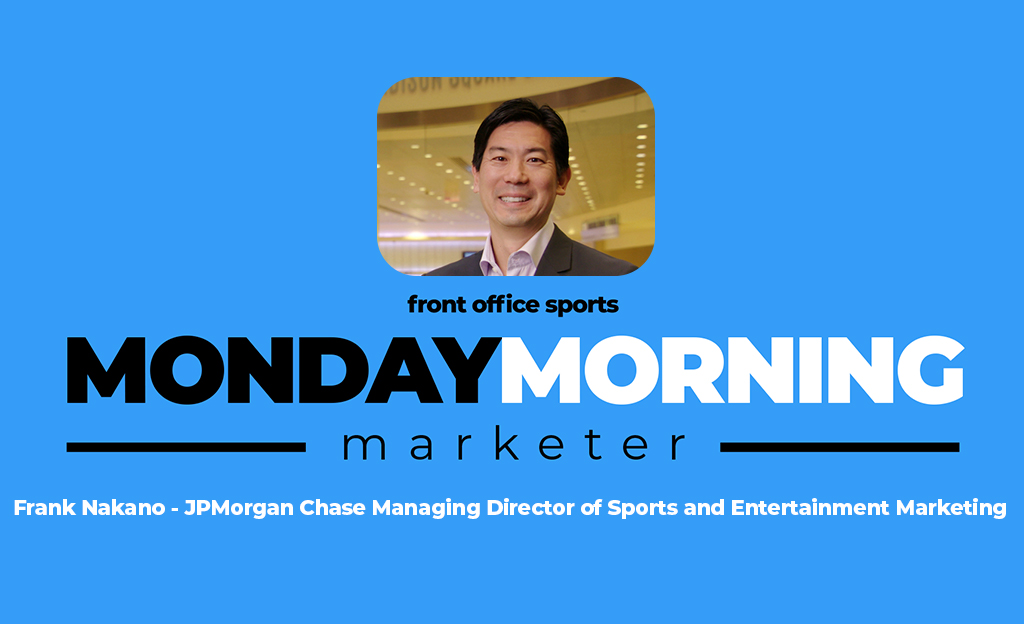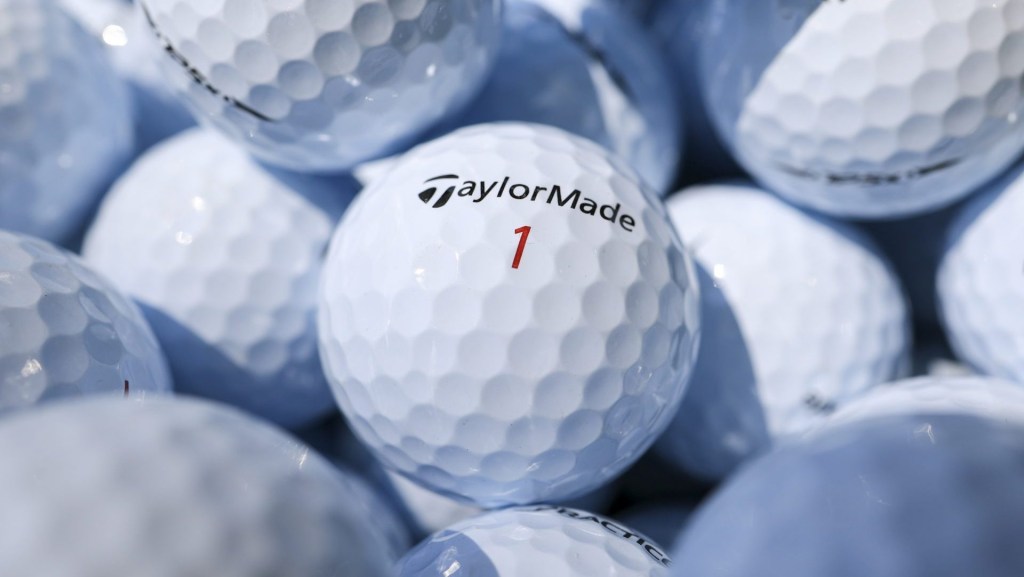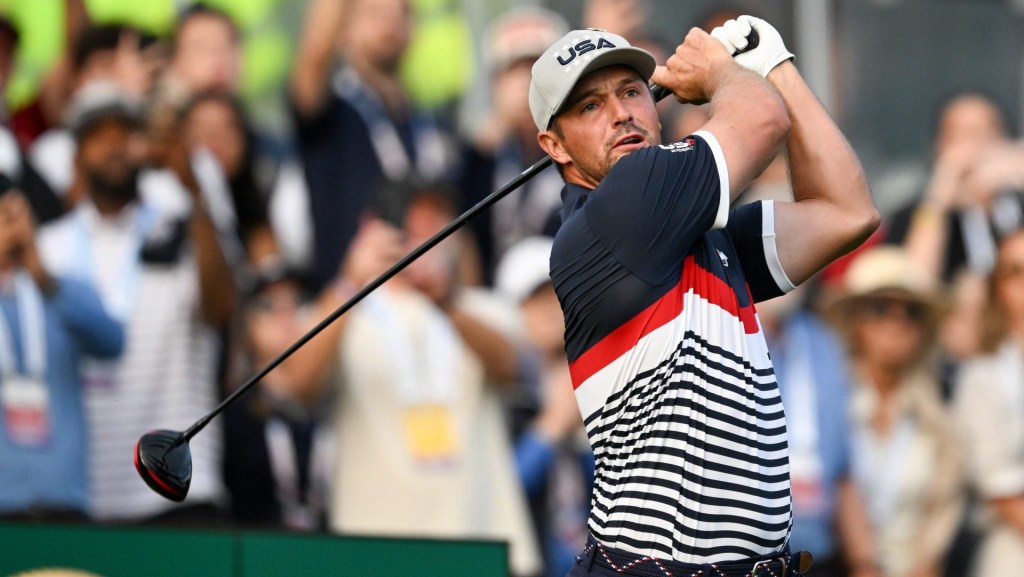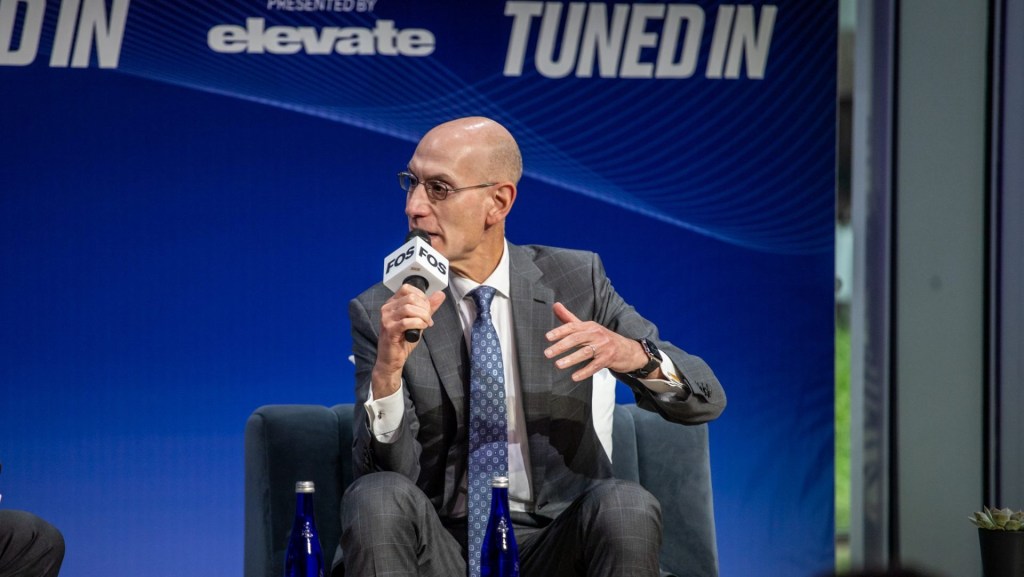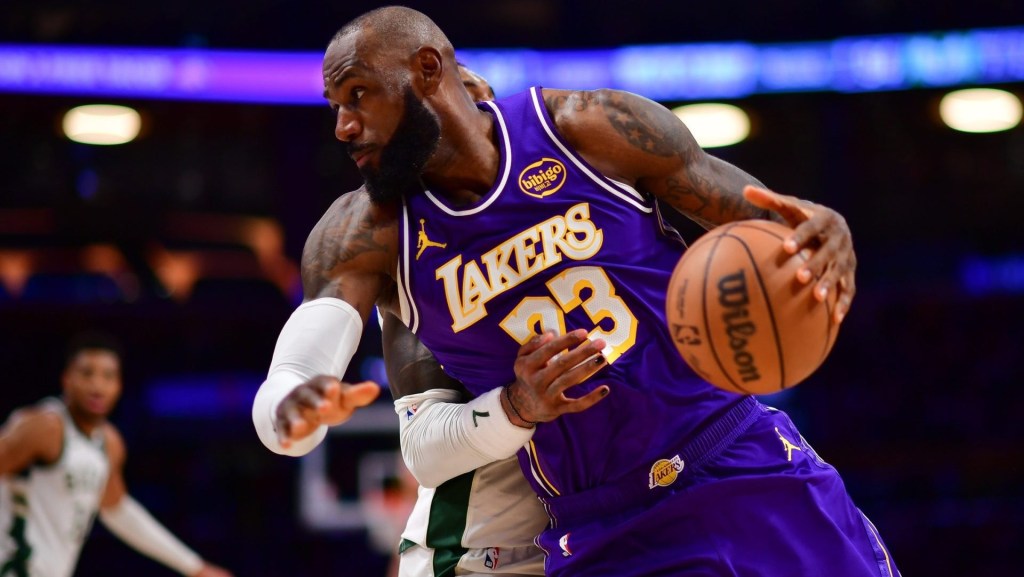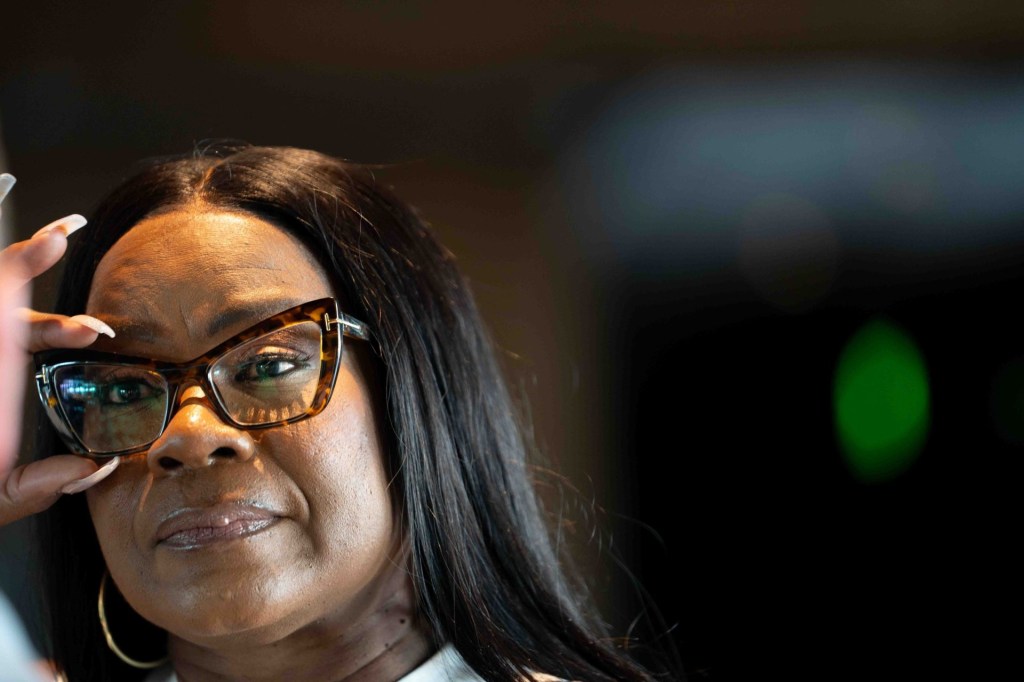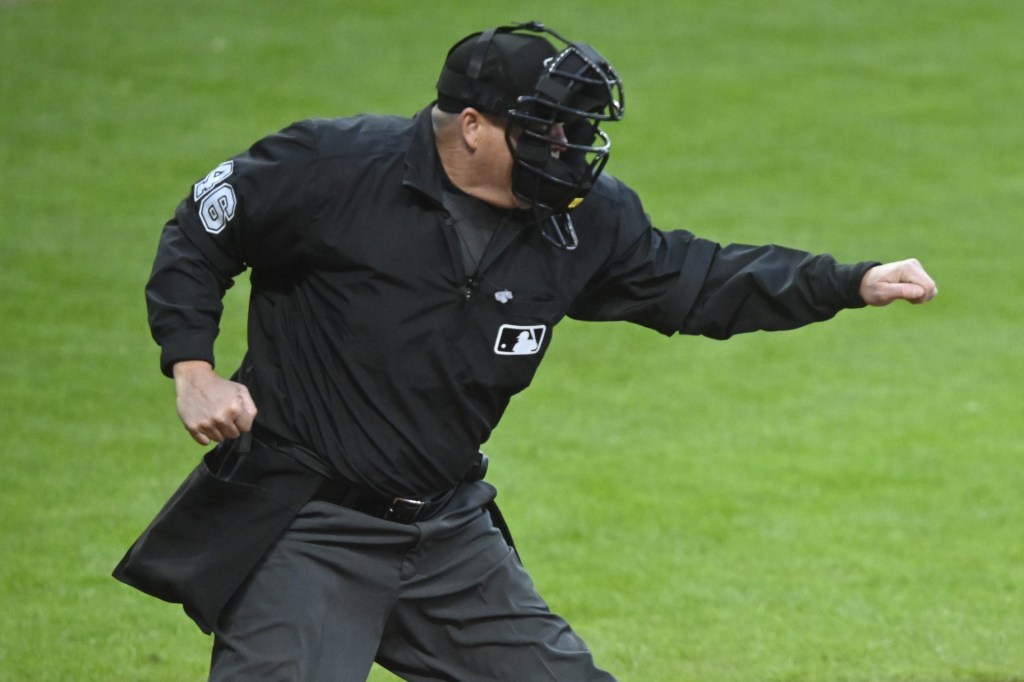Few companies have a global footprint like JPMorgan Chase.
With Chase Bank branches spread across the country and its status as one of the wealthiest banks in the world, even consumers not banking with the company are likely to be aware of Chase.
That ubiquity plays a part of Chase’s sports marketing strategy, which Frank Nakano, JPMorgan Chase managing director of sports and entertainment marketing, said is a relatively selective and well-thought-out approach to connect with its existing customers and appeal to those not under its umbrella.
Recently, FOS spoke with Nakano about the company’s efforts in the sports industry and its slate of partnerships, which includes Madison Square Garden, Tampa Bay Lightning, Arizona Diamondbacks and FC Dallas. Most recently, the company last month signed a deal with the Atlanta Hawks, becoming the team’s official bank and providing the brand a foothold in a Southeastern market it aims to grow into.
At the start of the NBA season, the Golden State Warriors opened the $1.6 billion Chase Center, providing Chase a staple West Coast venue in one of its largest markets, San Francisco. The sponsorship, which Forbes reported was $300 million over 20 years, followed a blueprint the brand set forth at New York’s Madison Square Garden, albeit with the name attached this time.
For Nakano, supporting an organization like the Warriors and a venue that would be activated more than 200 nights a year was a relative no-brainer. With a giant Chase logo on the top of the arena, it certainly provides a stamp on the Bay Area.
Nakano: This partnership is special for several reasons. It all starts with the Bay Area being a key market for us as a firm. Then you add a partnership with a first-class organization and the opportunity to help deliver a venue that’s the first of its kind for the city of San Francisco, and it sort of becomes perfect. We see Chase Center as a symbol of our commitment to the Bay Area and an extension of the work we’re doing.
Chase Center’s foundation as the company’s Bay Area commitment was made even more clear as Chase announced last month a $22 million investment to preserve and develop new affordable housing in San Francisco and Oakland. The investment is part of a larger five-year, $75 million plan.
At venues where it has made significant partnership deals – like Chase Center, Madison Square Garden, and Chase Field in Phoenix – fans who are Chase customers receive a variety of exclusive benefits: early entry, merchandise, and food discounts and money-back on purchases with Chase cards. For those without Chase accounts, the bank hopes it creates a sort of fear of missing out.
Nakano: It’s both [for reward and attraction]. For existing customers, we think we’re adding value to their relationships with us, and our in-venue benefits do create some brand envy -things like special lounges, discounts, and entrance points draw attention.
With the bank’s massive wealth, Chase could likely partner with many more venues and teams across sports. However, Nakano said the selective nature fits the desires of the brand much better.
Nakano: We love where we are with our portfolio. For us, it’s about engaging with customers and their passions. Arenas provide 200 nights of touchpoints and a variety of acts. We love the anchor tenant, of course, but love the other nights across family entertainment as well. We don’t necessarily know who will come through, but we know with some certainty it will be bands or individual performers that resonate with our customers, and with some luck, the hottest must-see shows in the market.
We’re focused on creating memories, and sometimes that results in Chase being tied in. Everyone remembers their first concert, show or if they were in the building their team won a championship, their favorite player did something spectacular, etc. The venues give us a unique ability to create multiple touchpoints with a customer.
Within the portfolio is the J.P. Morgan Corporate Challenge, a running circuit that hosts 250,000 Chase customers across 13 cities in seven countries. It’s not a conventional sports sponsorship but is as important to the brand as the wide-appeal of its professional sports partnerships.
Nakano: The Corporate Challenge is the most hands-on property we have. We own and operate the event, and have done so every year since 1977 when it was founded by our predecessor firm Manufacturers Hanover. Like how the success for the Warriors or Knicks is largely contingent on the rosters they form each year, we determine the Corporate Challenge fortunes through our choices and strategy. We pick the cities where it is held, the rules under which the races are conducted, the co-sponsors that bring added value, and often the companies that are invited. This creates a tremendous opportunity to achieve business-to-business and brand objectives. We’ll celebrate our 44th consecutive year in 2020. It’s almost unprecedented to have a sports marketing partnership thrive for that long.
